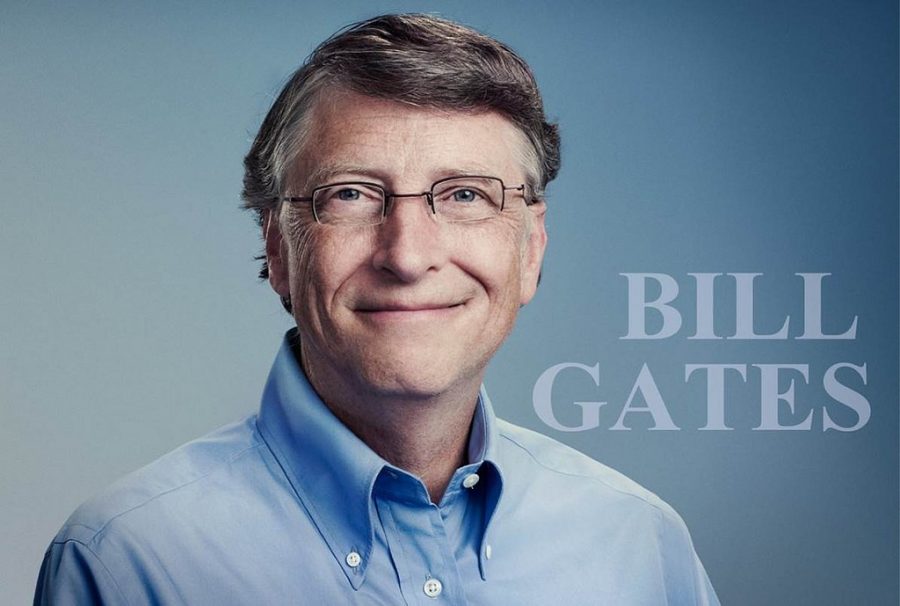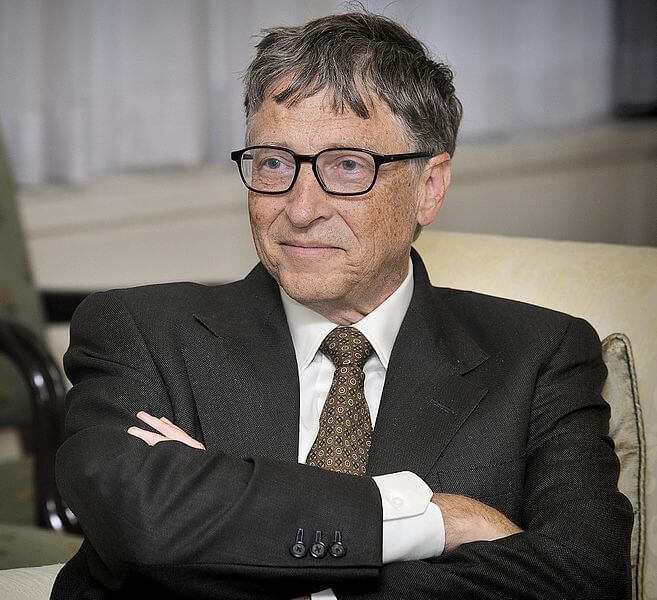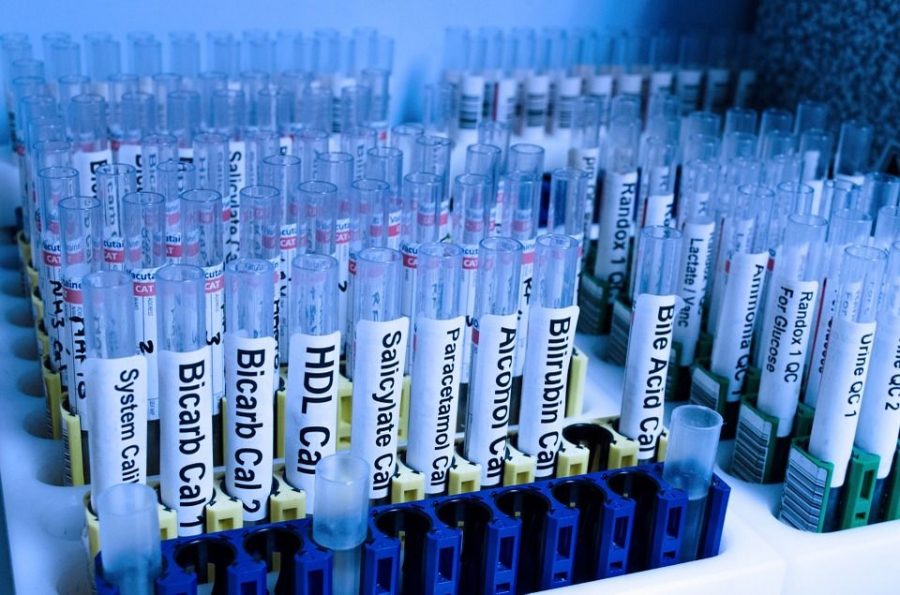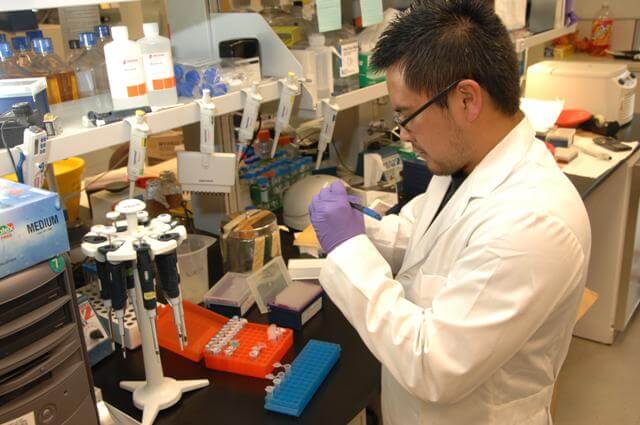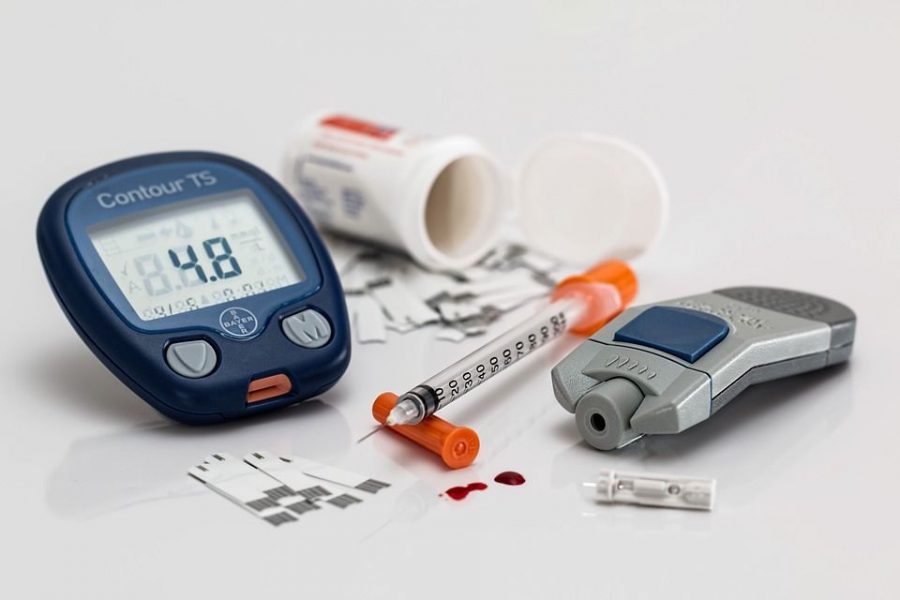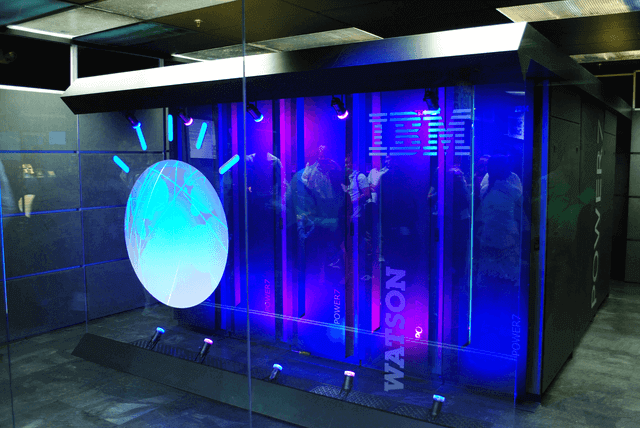Philanthropy is a way to improve our planet and society. Many people love to use the term, but few people truly know what philanthropy actually is. Because of this, philanthropy has gotten something of a bad reputation. There are so many different myths surrounding the topic today, and in order to help dispel some of those myths, I’m going to see if I can set the record straight.
Charities Only Serve the Poor
Many people quickly assume that the term charity means you are giving money to the poor. While a great deal of charitable organizations do focus on providing assistance to those who are in unfortunate financial situations, not all charities exclusively work with the poor. The amount of diversity between charities is quite impressive. Charity specialities range anywhere from health services to scientific research. If you’re interested in donating to a charity that doesn’t benefit the poor, there are several options for you.
Charitable Giving Only Happens Because of Tax Incentives
You’ve probably all heard of the myth that the world’s billionaires donate heaps of money in order to reap even more through tax incentives. Not only is that myth flat out false, but the world’s wealthiest people are not necessarily the most charitable. In fact, more low-to-middle-income citizens donate to charity than wealthy citizens. That’s right, these low-income households are donating to charities more than wealthy households, and they don’t often take advantage of the US’ tax incentive system. Believe it or not, but many people give to charity because it is the right thing to do.
Supporting a Charity is Easy
As much as I wish this was the case, finding a single charity to donate to and support can be rather difficult. Not only are there over one million registered charities in the US, but finding compelling statistics to know exactly where your money is going is not always easy. Finding a worthwhile, trusted charity to donate to requires research. Unfortunately, not everyone wants to do that research, but if you take the time to do the leg work, it will be well worth it. Utilize sources like GiveWell to find charities that are actually effective.


